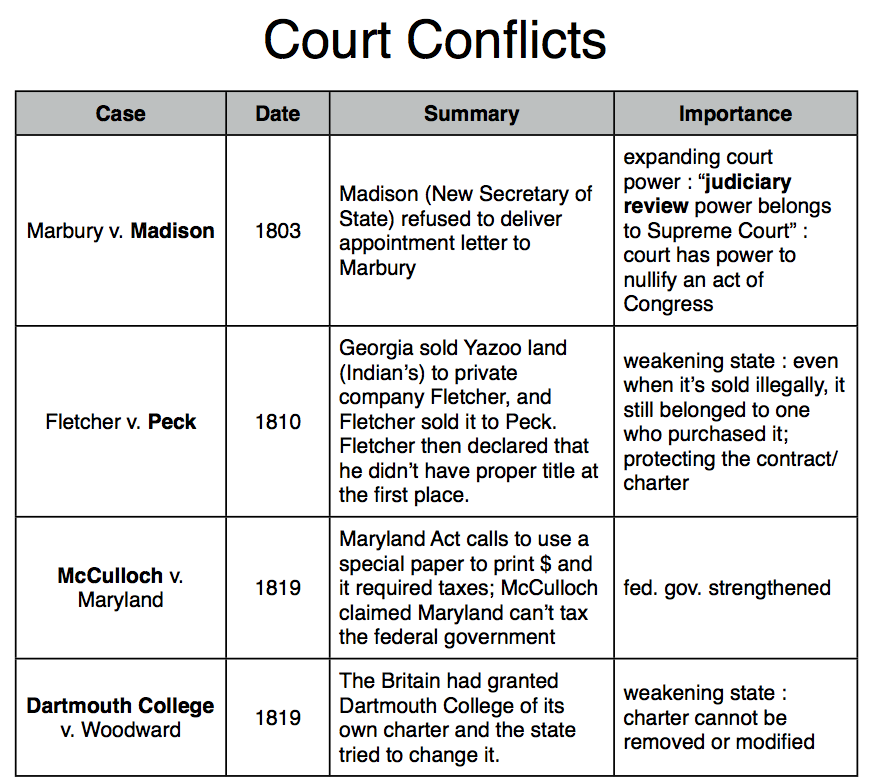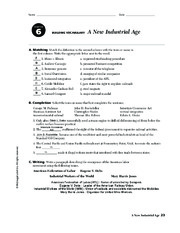

By reading speeches given by Theodore Roosevelt, students will examine the respect he had for businesses and his desire to regulate them to help the general welfare. In this two-day lesson students will grapple with the benefits and problems of monopolies through a classroom simulation by looking at the desire of businessmen to create trusts and the harm they can cause society at large. He believed that these so-called robber barons (or captains of industry, depending on one's view), had helped America advance and become a major influence internationally, but he also wanted to tame them so they could not to harm the average citizen.

During his terms as President, Roosevelt battled big business to regulate it and prevent monopolies from harming American society. Teddy Roosevelt was a Republican when he served as President but he believed in much of the Progressive Party's platform (in 1912 he ran for President as a Progressive and lost). Conservation of America's natural beauty was yet another way that Americans ushered in this period of reform. They consolidated smaller businesses and created monopolies where, for example, Rockefeller drove other oil companies out of business through ruthless tactics and created a giant oil company, Standard Oil.ĭuring the Progressive Era (1890-1917), the Progressive Party formed to try to reform American society and the US government, which they believed was controlled by special interests and big business. Morgan, John Rockefeller, and Cornelius Vanderbilt lived in luxury during what historians call the Gilded Age (1877-1890). As industry grew and revolutionized American life, society became stratified: the poor became poorer and the rich, richer. While many immigrants found work and new homes in America they also experienced racism, lived in dilapidated tenements, and performed dangerous jobs. With all the progress that Americans made, new problems arose. Traveling in crowded ships, they left all they knew behind them in the hope that America would bring those better lives. Eager immigrants withstood the dangerous trip across the Atlantic and Pacific oceans. After the Civil War, Americans embraced the smog and dirt of rapidly rising cities as a sign that America was fulfilling its destiny as a world power.

Thick dark smoke billowing out of smokestacks several stories high proliferated across city skylines, heralding America's rise to world prominence and industrial supremacy.


 0 kommentar(er)
0 kommentar(er)
